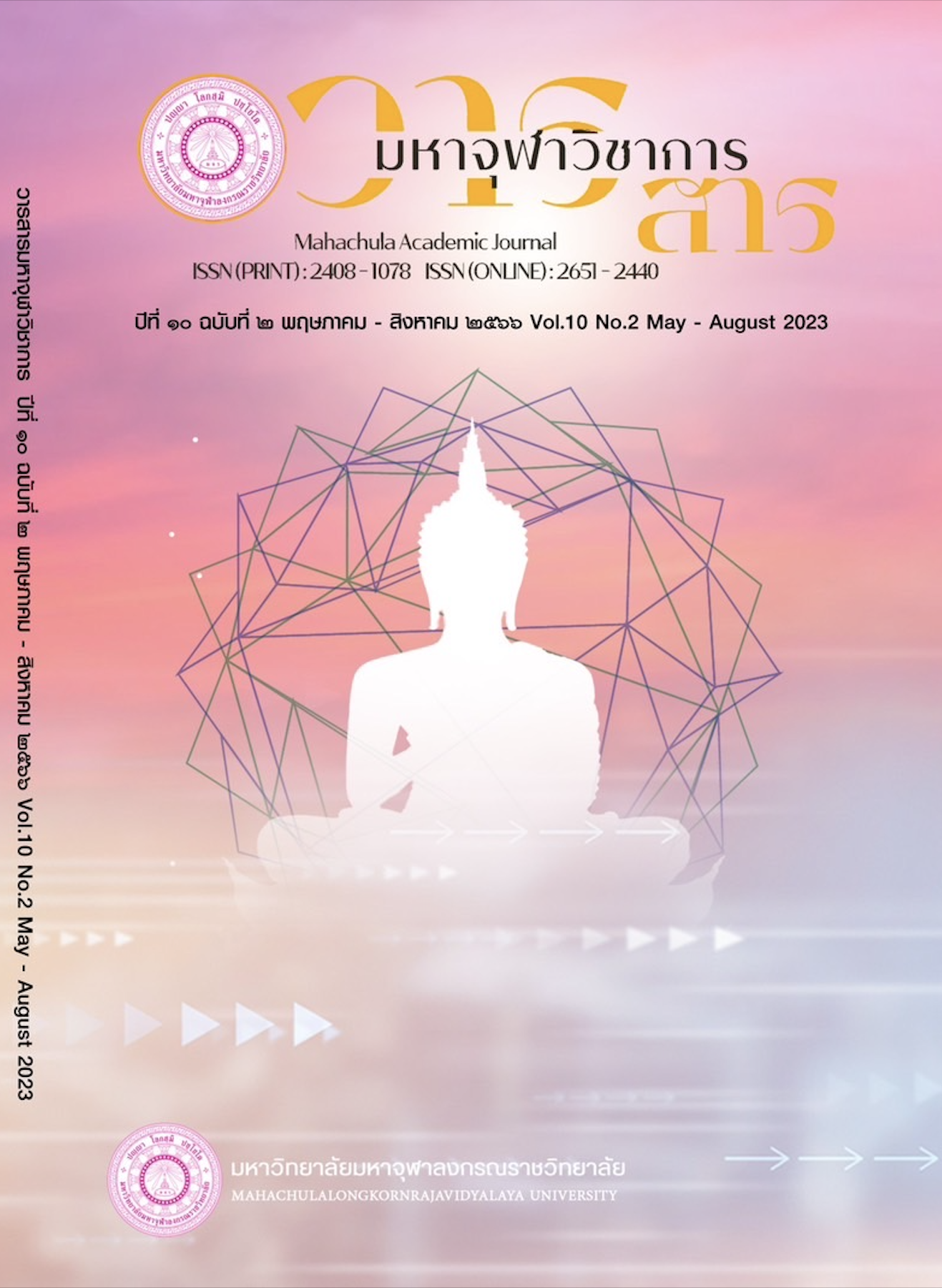The evaluation of the 21st century learning skills development project: A case study of Ban Hub Bon School, Sriracha District, Chonburi Province
Main Article Content
Abstract
This study aimed to assess the effectiveness of the 21st Century Learning Skills Development Project implemented at Ban Hup Bon School. The project adopted an Active Learning approach, integrating innovative community-oriented projects. Following the evaluation framework of the CIPPIEST Model, data were gathered through informant feedback, including teachers, educational personnel, Primary 5-6, and Mathayom 1-3 students, along with their parents from Ban Hub Bon School. The assessment encompassed eight distinct steps: Step 1: Context and Input Assessment, Step 2: Process Assessment, Step 3: Production Assessment, Step 4: Impact Assessment, Step 5: Performance Assessment, Step 6: Project Effectiveness Assessment, Step 7: Project Sustainability Assessment, and Step 8: Knowledge Transfer Assessment. The data were collected using evaluation forms designed specifically for the 21st Century Learning Skills Development Project of Ban Hup Bon School. Descriptive statistics, namely mean and standard deviation, were employed for data analysis.
The results of the evaluation indicated that the quality levels of the project context, project input, process, project output, project impact, project effectiveness, project sustainability, and knowledge transfer were all rated at the highest level across all aspects.
Article Details

This work is licensed under a Creative Commons Attribution-NonCommercial-NoDerivatives 4.0 International License.
References
กมล โพธิเย็น. "Active Learning : การจัดการเรียนรู้ที่ตอบโจทย์การจัดการศึกษาในศตวรรษที่ ๒๑". วารสารศึกษาศาสตร์ มหาวิทยาลัยศิลปากร. ปีที่ ๑๙ ฉบับที่ ๑ (๒๕๖๔) : ๑๒.
มาเรียม นิลพันธุ์. “การประเมินหลักสูตรที่เน้นการตัดสินใจโดยใช้วิธีเชิงระบบโดยใช้รูปแบบ CIPP MODEL”. คู่มือการประเมินหลักสูตรระดับบัณฑิต บัณฑิตวิทยาลัย มหาวิทยาลัยศิลปากร. นครปฐม: มหาวิทยาลัยศิลปากร, ๒๕๕๓ : ๓๑-๓๒.
สุชาติ ประสิทธิ์รัฐสินธุ์. การประเมินผลโครงการ : หลักการและการประยุกต์. พิมพ์ครั้งที่ ๓. กรุงเทพมหานคร: โรงพิมพ์เลี่ยงเซียง, ๒๕๔๗.
EduBright Resources. การจัดการเรียนรู้ตามแนวคิด Teach Less, Learn More. [ออนไลน์]. เเหล่งที่มา: https://edubrights.com/resource/2021/02/08/teach-less-learn-more/ [๓๐ มีนาคม ๒๕๖๔].
Lawrence Mundia. "Assessment of GenNEXT Learning Outcomes at the University of Brunei Darussalam: A Qualitative Review of Selected Opportunities, Benefits and Challenges in Human Resource Development". Journal of International Education and Leadership. Vol. 2 No 3 [2013] : 1-21.
Nico van der Merwe. "An Evaluation Of An Integrated Case Study And Business Simulation To Develop Professional Skills In South African Accountancy Students". International Business & Economics Research Journal. Vol 12 No 10 [October 2013] : 1137-1156.
Sofyan, Dameria Sinaga, And Rubiati. "Learning Resource Development: An Online-Based Learning Resource for Indonesian Teachers". Indonesian Research Journal in Education. Vol 4 No 1 [June-Year 2020] : 246-262.
Stufflebeam, D.L. et al. Educational Evaluation and Decision – Making; Illinois: Peacock Publishers.; Inc; 1983.
Yamane, T. Elementary Sampling Theory. New Jersey: Prentice Hall, 1973.


